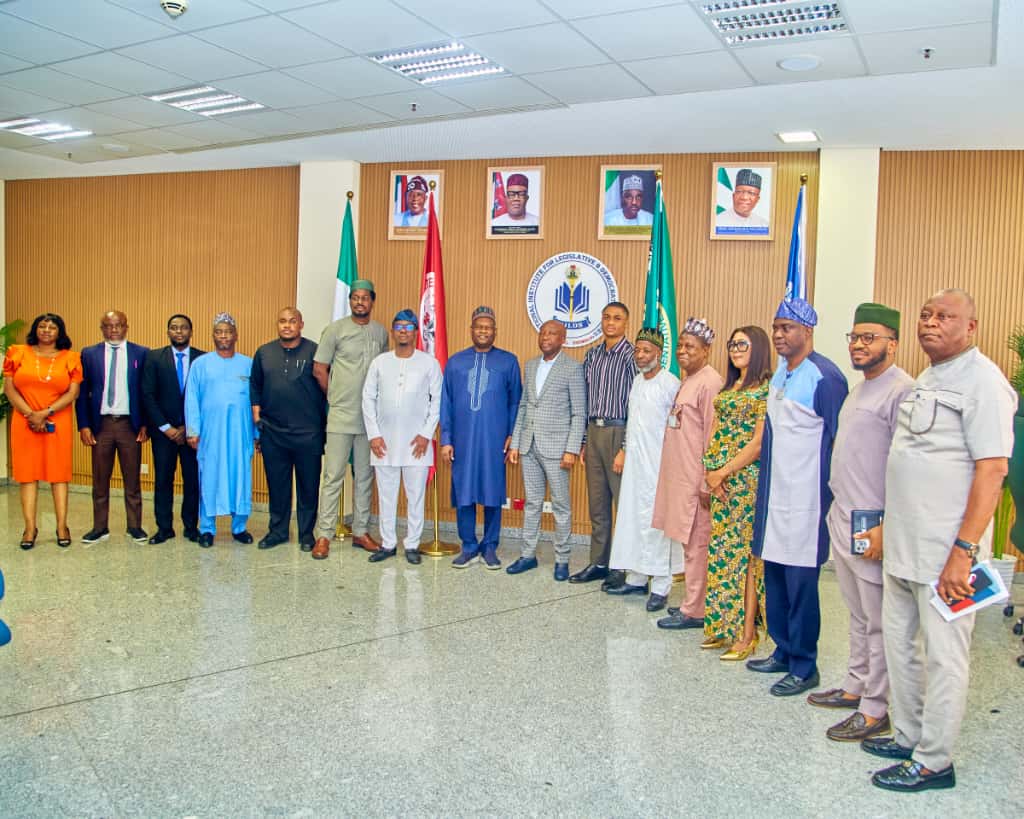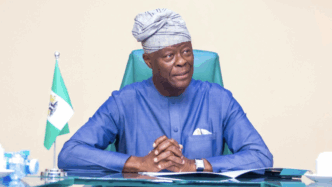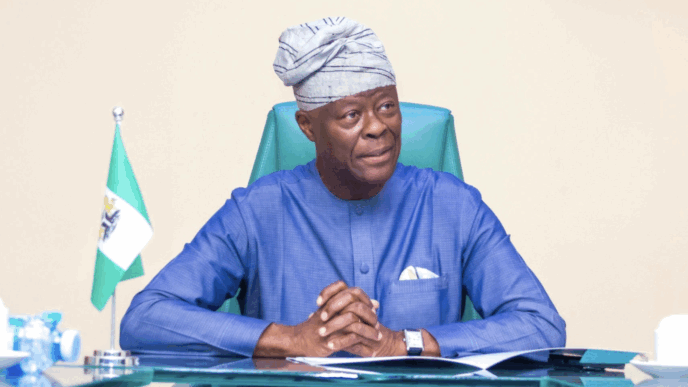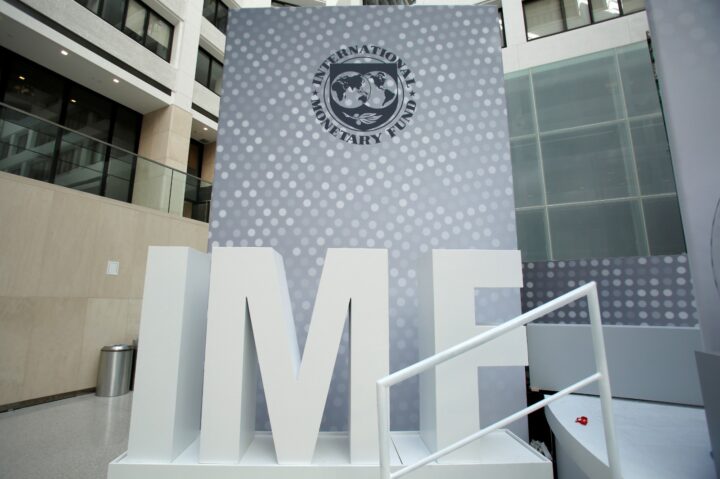The Ernest Shonekan Centre (ESC) for Legislative Reforms and Economic Development has partnered with the National Institute for Legislative and Democratic Studies (NILDS) to promote evidence-based policymaking and drive economic growth.
Both parties signed a memorandum of understanding (MoU) in Abuja on Wednesday, in a bid to design frameworks that enhance legislative competence and build institutional capacity.
The ESC and NILDS will review legislation, conduct joint research, publish reports, and build capacity for legislators, driven by their shared goal of promoting national development and economic growth.
At the signing ceremony, Kyari Bukar, the ESC chairman, said the partnership marks a major step in both organisations’ collective effort to strengthen the legislature as a driver of national development.
Advertisement
“By working with NILDS, we are reinforcing the link between governance and economic growth, ensuring that laws and policies are better designed to deliver real impact for Nigeria,” Bukar said.
Also speaking, Uchenna Ogbonna, the ESC executive director, said the partnership aligns with the centre’s mission, aiming to equip lawmakers with tools and knowledge for better lawmaking through combined expertise in legislative training and evidence-based policy.
“Ultimately, our goal is to drive reforms that not only improve governance but also foster a business-enabling environment that benefits all Nigerians,” Ogbonna added.
Advertisement
Abubakar Sulaiman, NILDS director-general (DG), commended the ESC for its commitment to deepening democratic values and governance reforms.
Sulaiman said the partnership would provide a strong platform for joint research, capacity-building programmes, and knowledge-sharing initiatives aimed at enhancing legislative practice and policy development in Nigeria.
Going forward, he said both parties will jointly undertake comprehensive reviews and analyses of proposed legislation, develop frameworks for assessing the impact of enacted laws, and establish structured mechanisms for continuous collaboration.
The DG added that the collaboration will also drive post-legislative scrutiny through joint reviews of proposed and enacted laws, ensuring they deliver measurable outcomes for Nigeria’s citizens.
Advertisement










